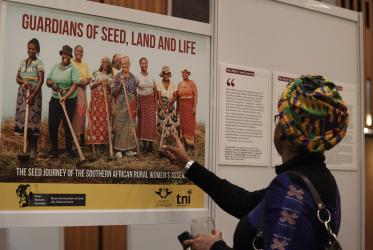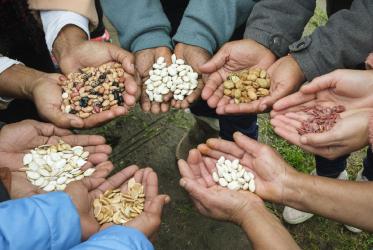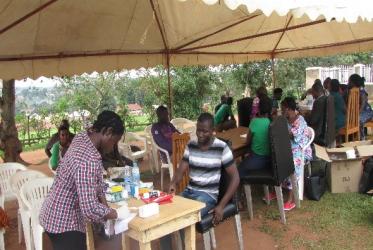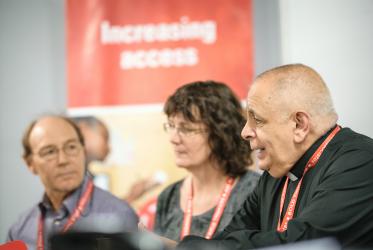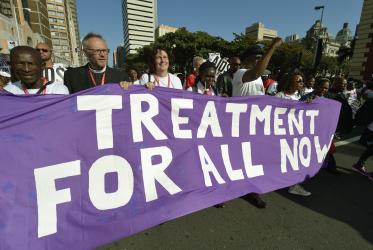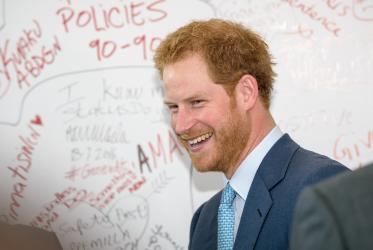Displaying 1 - 20 of 23
World Council of Churches hosts "Guardians of seeds" exhibition
18 October 2023
Young people in Nigeria focus on positive masculinity, femininity
14 December 2018
Pan African Women of Faith issue fervent Call to Action
20 November 2018
What difference does dressing in black make?
02 August 2018
At CSW62, “stories are the heartbeat”
21 March 2018
“Do you know where to search for your lost child?”
18 July 2017
AIDS 2016: Coverage of faith response to HIV
22 July 2016
Star power shines light on AIDS epidemic
21 July 2016
Children are being let down over HIV care
17 July 2016
AIDS 2016: “Stigma kills more people than HIV”
17 July 2016
